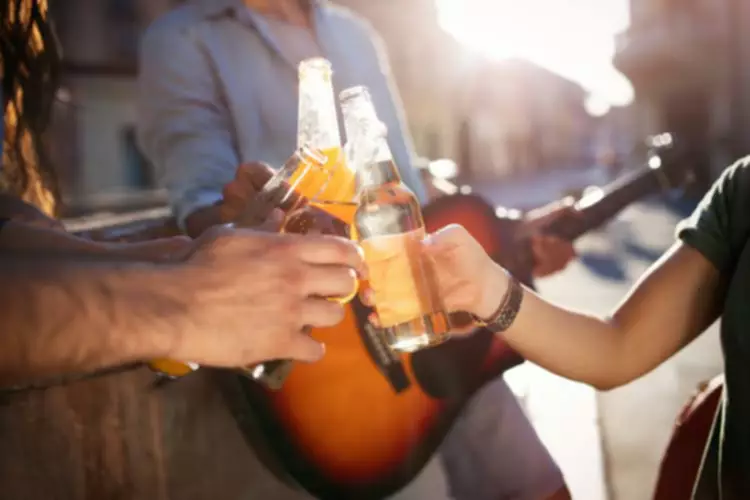Sober living
How Long Does Being Drunk Last? What to Expect
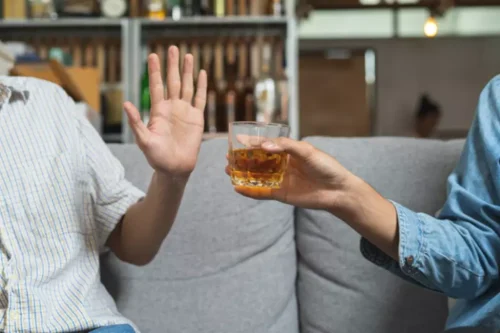
Taking away the substance doesn’t fix the problem that the addict or alcoholic was trying to solve through the use of the substance in the first place. When someone doesn’t replace their addiction with a healthy pattern of living or a new solution to dealing with life, they can end up feeling empty, discontent, and full of anguish. This is what’s referred to as “dry drunk syndrome.” It’s an addict or an alcoholic with no drugs or alcohol, and also no solution. Embarking on the journey to sobriety is an incredible accomplishment, but maintaining long-term recovery can be feeling intoxicated while sober challenging. One of the most significant debates among recovering alcoholics is whether to practice complete abstinence or attempt moderate drinking after being sober. This blog post will delve into the nuances of both approaches, shedding light on the risks, benefits, and strategies to help individuals make informed decisions and maintain a fulfilling sober life.
Reach out now and join our supportive
Talking to loved ones about what you’re experiencing and sharing as much as you feel comfortable with can help them understand your distress. This can also help you reconnect and make it easier for them to offer empathy and support when your feelings and emotions trigger thoughts of drinking. While the phrase “dry drunk” is controversial, the set of symptoms it refers to are a normal part of recovery for plenty of people and nothing to be ashamed about.
Auto Brewery Syndrome: Can You Really Make Beer in Your Gut?
- You can’t really predict how long you’ll stay drunk, and try as you might to stop being drunk faster, there’s nothing you can do to lower your BAC once you’ve started drinking.
- Because the amount of alcohol needed to reach various states of intoxication can vary depending on the individual, what might be a fatal dose for one person may not be for another.
- This means that if you go out drinking with a friend who weighs more than you do, your BAC will be higher and it’ll take you longer to sober up even if you both drink the same amount.
- For them, a low-carb and low-sugar diet is recommended by the doctor after being diagnosed with this syndrome.
- So you tell people around you that something isn’t right, and you feel drunk even though you haven’t had even a drop of alcohol.
You’ll basically be making nutritional changes to treat auto brewery syndrome. While you’re on medications, you have to restrict sugar, carbohydrates, and alcohol from your diet. For people suffering from auto brewery syndrome, their body shows high blood alcohol concentration after ingesting a small quantity of alcohol or even no alcohol at all. Your BAC will remain high until your liver has time to process the alcohol and get it out of your blood. You could be pulled over and charged with drunk driving or, worse, get into a serious car accident, harming yourself or others.
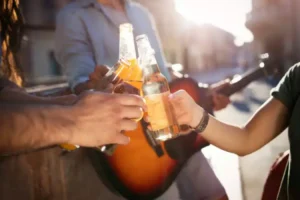
Drinking After Being Sober: Exploring Abstinence vs. Moderation in Long-Term Recovery
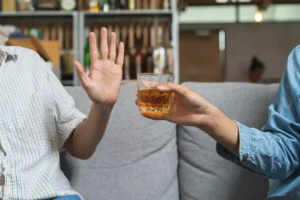
If you think you have this condition, write down any symptoms you experience. Record what you ate and what time you had signs of auto brewery syndrome. Ask them to check your gut yeast levels and give you other medical tests to find out what’s causing your symptoms. Auto brewery syndrome is also known as gut fermentation syndrome and endogenous ethanol fermentation. It’s sometimes called “drunkenness disease.” This rare condition makes you intoxicated — drunk — without drinking alcohol. Microbes turn the sugar in that food or drink into ethanol, leading to high blood alcohol levels.
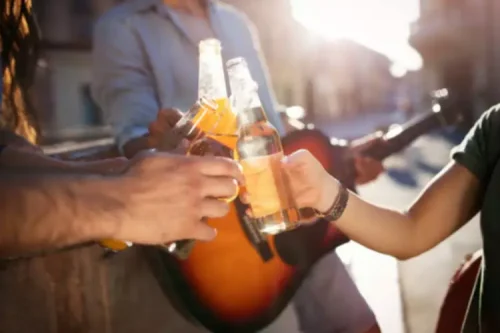
It’s a sign I need to reassess one or more areas of my life to ensure that I am physically, mentally, spiritually and emotionally healthy. Alcohol intoxication is usually treated with support and care as the body processes alcohol. In many cases, symptoms of intoxication will gradually decrease as alcohol is metabolized and eliminated from a person’s system. BTW, tolerance often goes hand-in-hand with dependence, which is one of the stages of alcohol misuse. If you find that you need more alcohol to feel its effects, it might be time to take a closer look at your drinking habits.
